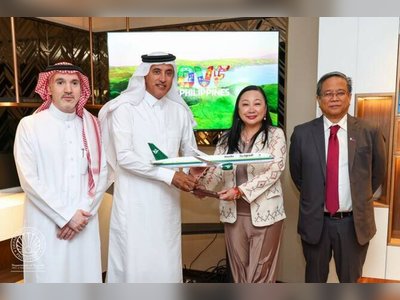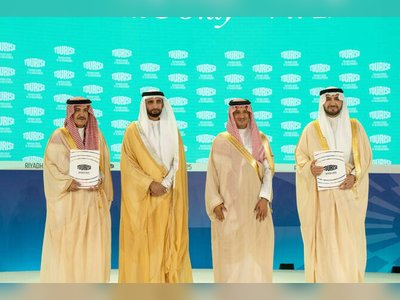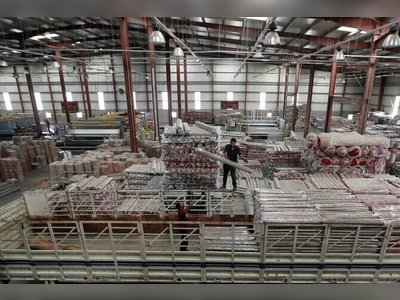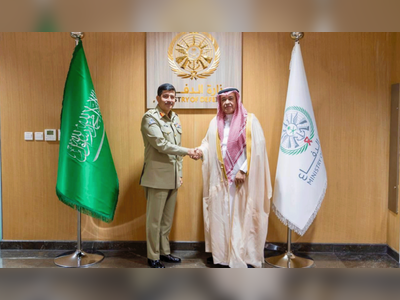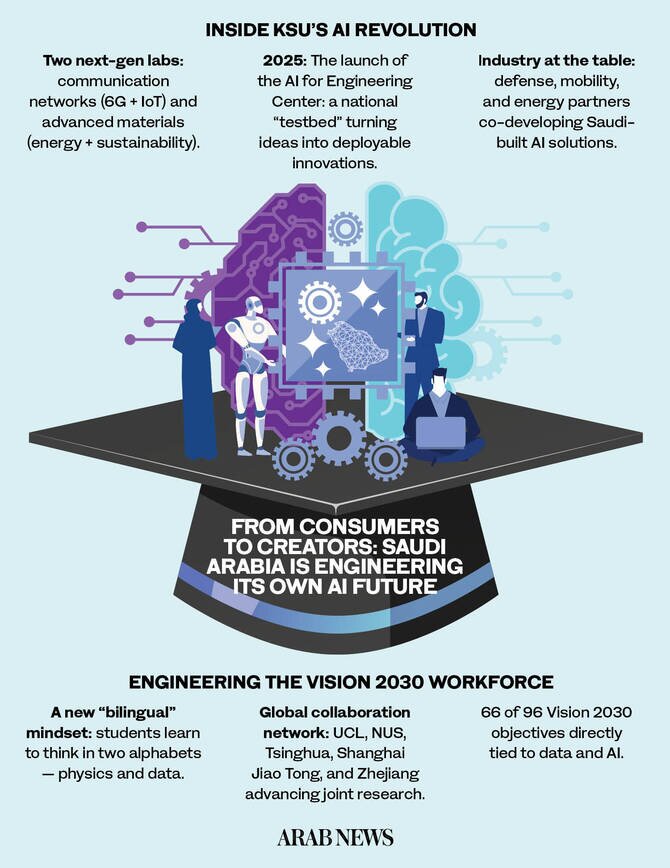
Saudi Arabia's College of Engineering Pioneers AI-Driven Curriculum to Shape Future Engineers
King Saud University's College of Engineering is embedding artificial intelligence into its engineering programs to produce a new generation of engineers capable of designing and building advanced systems.
Riyadh: King Saud University’s College of Engineering is laying the groundwork for Saudi Arabia's AI future by integrating artificial intelligence (AI) into every aspect of its curriculum.
The move reflects a strategic shift, positioning the Kingdom as a leader in AI-driven engineering education, directly aligned with Vision 2030.
The transformation encompasses not only academic research but also real-world applications through collaborative projects with industry partners.
This approach is aimed at producing engineers who can architect complex systems that incorporate AI, from energy grids to autonomous defense technologies and communications networks.
"Our new bilingual AI and Engineering curriculum teaches students to think in two languages — physics and data," said Abdulelah Alshehri, an assistant professor of chemical engineering at KSU.
"Future engineers should not be just AI users; they would architect the systems within which AI is implemented".
The College has established specialized AI labs focused on communication networks and advanced materials, both integral to national industrial priorities.
These labs facilitate practical experience in translating innovative ideas into tangible products.
Moreover, KSU is expanding its international collaborations by partnering with leading global universities such as UCL, NUS, Tsinghua, Shanghai Jiao Tong, and Zhejiang University.
These partnerships enhance the College’s research capabilities and strengthen Saudi Arabia's position as a global innovation hub.
KSU's approach is particularly timely, considering Saudi Arabia has already invested significantly in infrastructure for an AI economy.
The next critical component is talent — engineers capable of designing and building sophisticated systems rather than merely operating imported software.
The College’s focus on hands-on AI engineering projects and technology localization under Vision 2030 aims to empower future graduates with the skills needed to lead in the era of AI-driven engineering, emphasizing curiosity, ethics, and technical expertise.
By merging academic research with real-world application, KSU is setting a precedent for producing engineers who can shape the future rather than simply follow technological trends.
The move reflects a strategic shift, positioning the Kingdom as a leader in AI-driven engineering education, directly aligned with Vision 2030.
The transformation encompasses not only academic research but also real-world applications through collaborative projects with industry partners.
This approach is aimed at producing engineers who can architect complex systems that incorporate AI, from energy grids to autonomous defense technologies and communications networks.
"Our new bilingual AI and Engineering curriculum teaches students to think in two languages — physics and data," said Abdulelah Alshehri, an assistant professor of chemical engineering at KSU.
"Future engineers should not be just AI users; they would architect the systems within which AI is implemented".
The College has established specialized AI labs focused on communication networks and advanced materials, both integral to national industrial priorities.
These labs facilitate practical experience in translating innovative ideas into tangible products.
Moreover, KSU is expanding its international collaborations by partnering with leading global universities such as UCL, NUS, Tsinghua, Shanghai Jiao Tong, and Zhejiang University.
These partnerships enhance the College’s research capabilities and strengthen Saudi Arabia's position as a global innovation hub.
KSU's approach is particularly timely, considering Saudi Arabia has already invested significantly in infrastructure for an AI economy.
The next critical component is talent — engineers capable of designing and building sophisticated systems rather than merely operating imported software.
The College’s focus on hands-on AI engineering projects and technology localization under Vision 2030 aims to empower future graduates with the skills needed to lead in the era of AI-driven engineering, emphasizing curiosity, ethics, and technical expertise.
By merging academic research with real-world application, KSU is setting a precedent for producing engineers who can shape the future rather than simply follow technological trends.

